BAGDAD, IRAQ—Asharq Al-Awsat reports that heavy rains have uncovered pottery, coins, and pieces of metal in the region of ancient Babylon. The artifacts date back to the Parthian Empire (247 B.C.–A.D. 224) through the Islamic period. “Last year, 1,000 pieces were discovered this way, which proves that the ruins may be close to the surface and not always buried deep in the ground,” said Hussein Fleih, Babylon’s director of antiquities. To read in-depth about cuneiform tablets from Babylon and other areas of ancient Mesopotamia, go to “The World's Oldest Writing.”
Rain Reveals Ancient Artifacts in Iraq
News February 28, 2018
Recommended Articles
Features July/August 2024
The Assyrian Renaissance
Archaeologists return to Nineveh in northern Iraq, one of the ancient world’s grandest imperial capitals
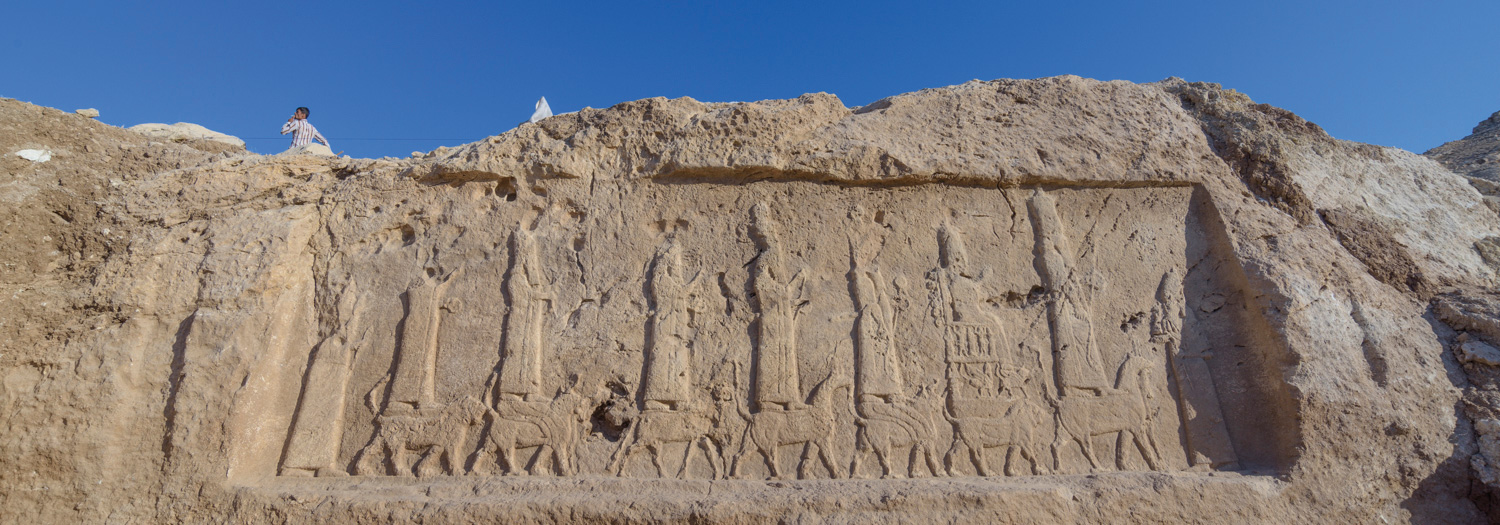
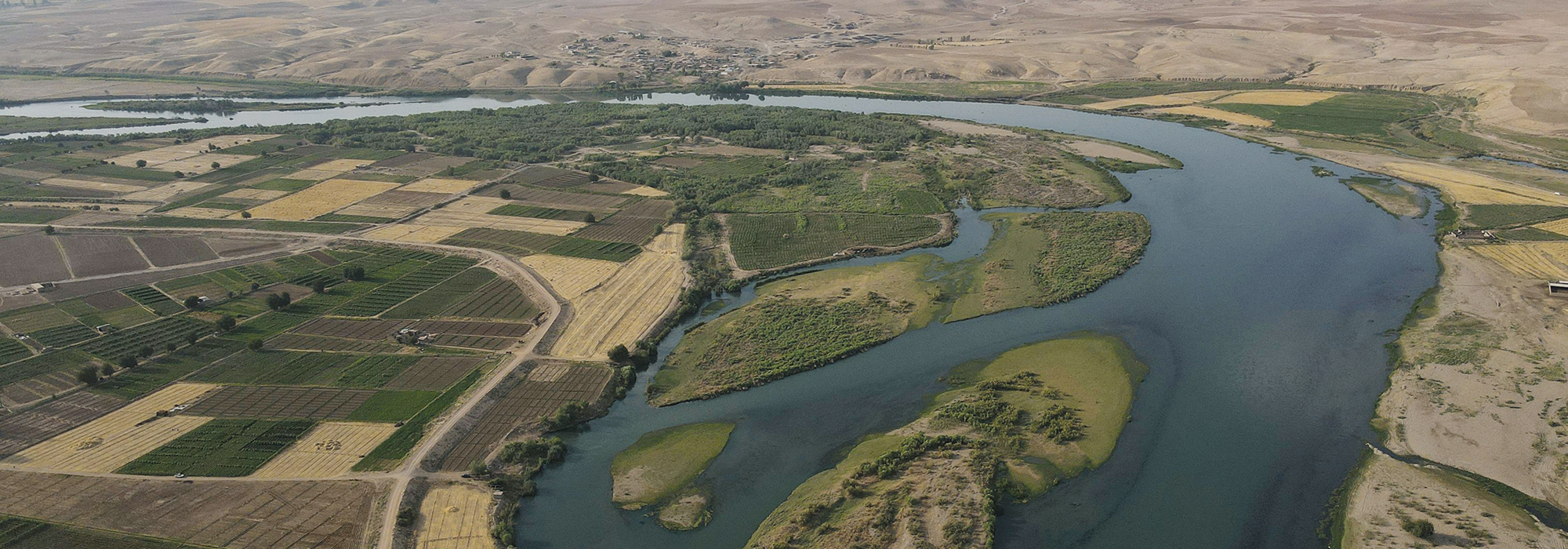
Digs & Discoveries July/August 2023
The Palace on Tablet Hill
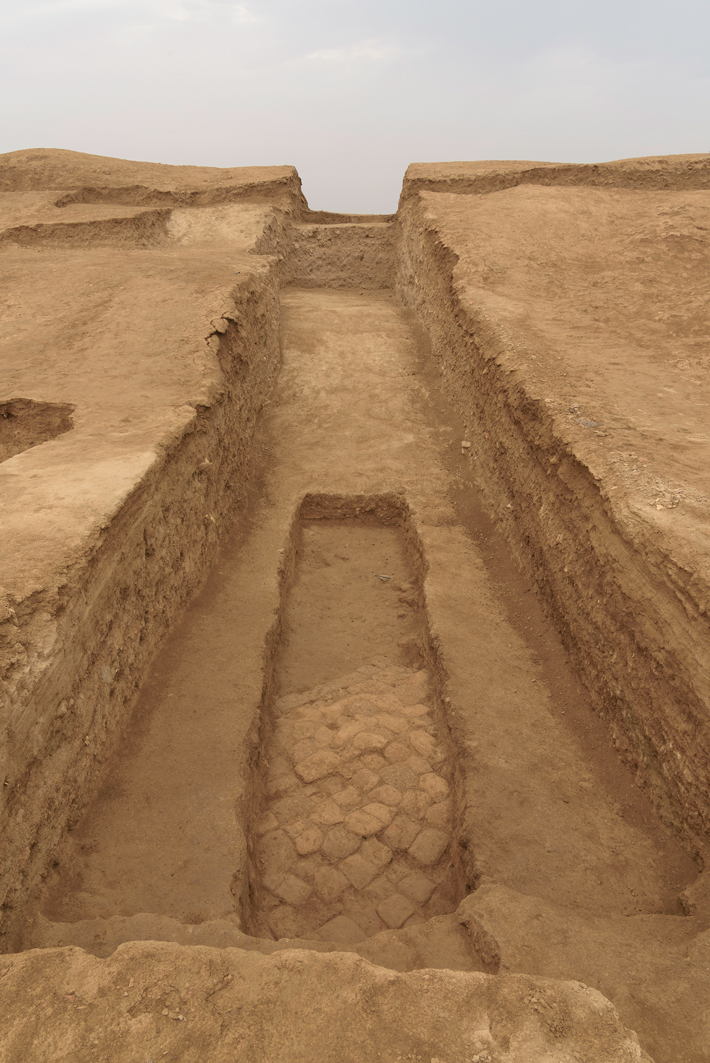
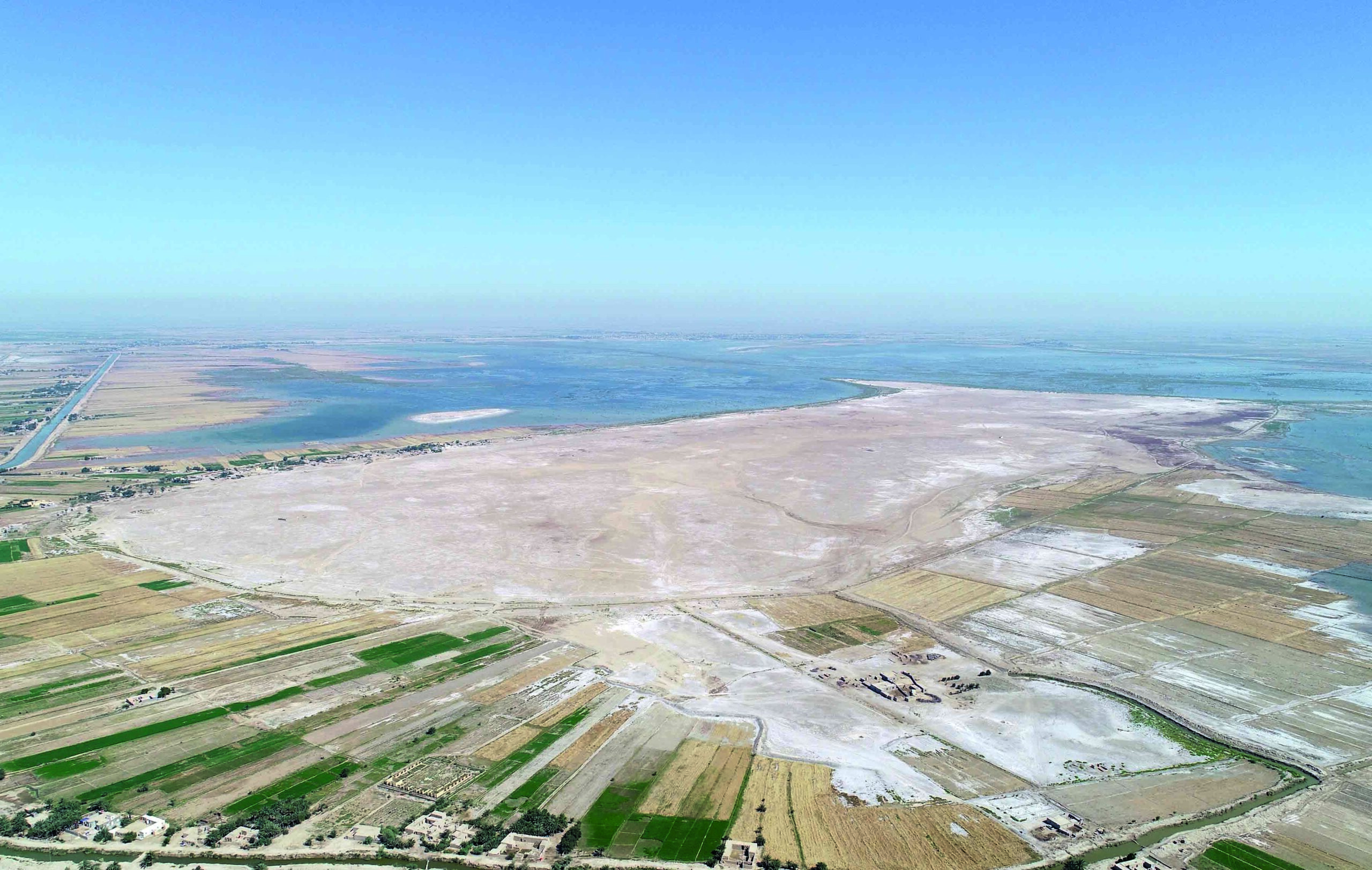
-
Features January/February 2018
Where the Ice Age Caribou Ranged
Searching for prehistoric hunting grounds in an unlikely place
 (Paul Nicklen/National Geographic Creative)
(Paul Nicklen/National Geographic Creative) -
Letter From Albania January/February 2018
A Road Trip Through Time
As a new pipeline cuts its way through the Balkans, archaeologists in Albania are grabbing every opportunity to expose the country’s history—from the Neolithic to the present
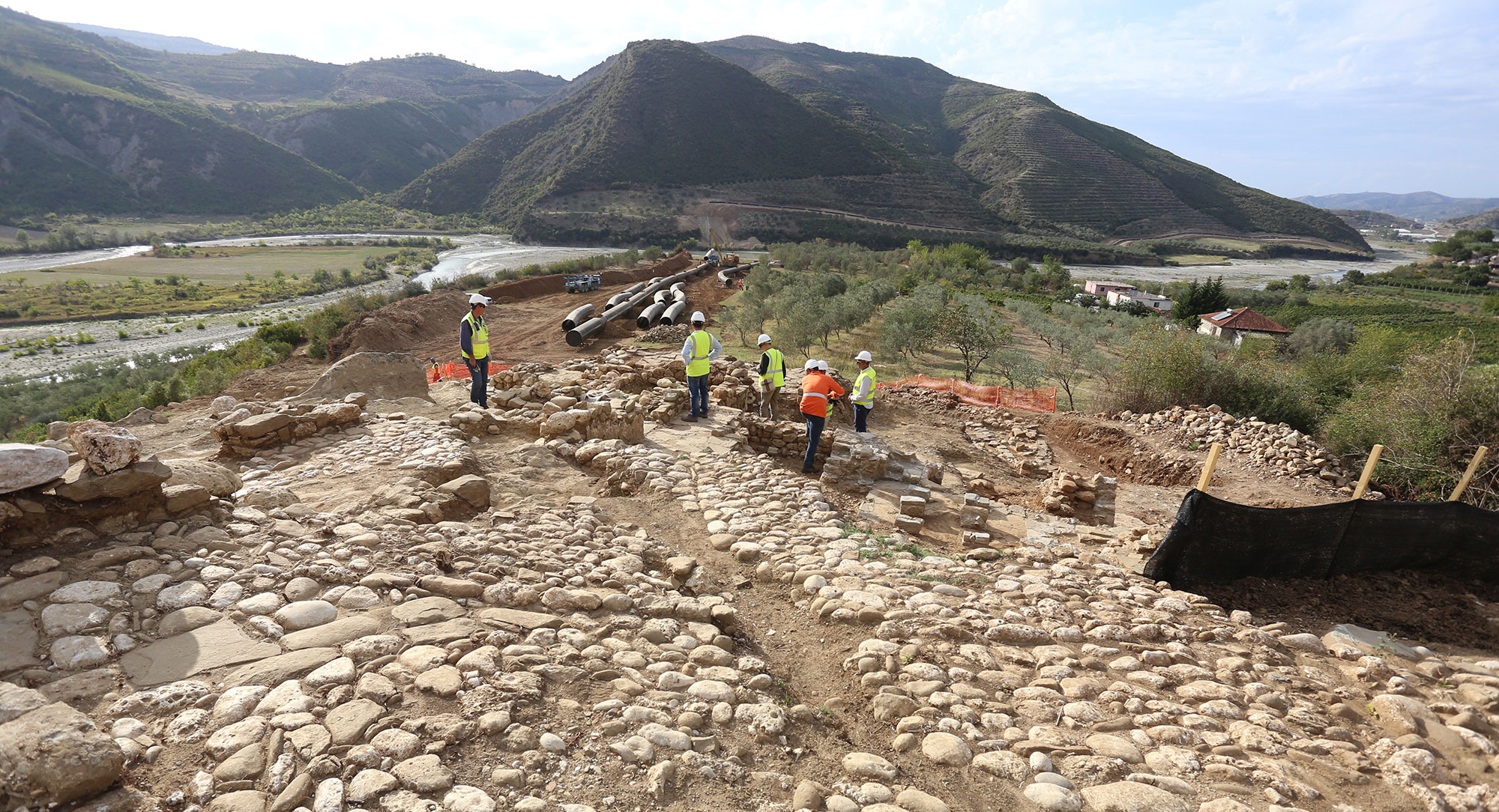 (TAP/G. Shkullaku)
(TAP/G. Shkullaku) -
Artifacts January/February 2018
Roman Dog Statue
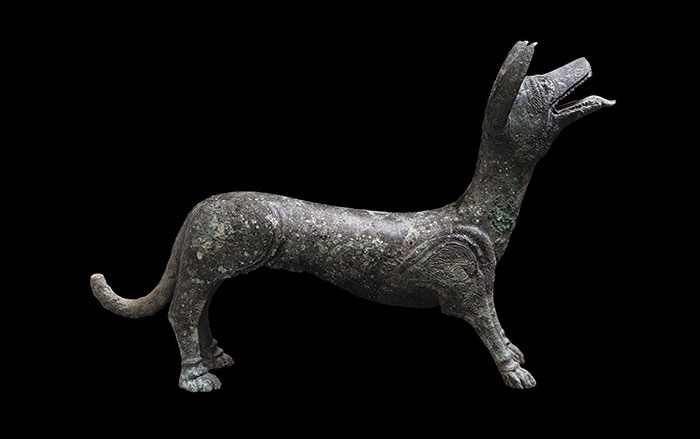 (Eve Andreski/Courtesy Gloucester County Council)
(Eve Andreski/Courtesy Gloucester County Council) -
Digs & Discoveries January/February 2018
The Secrets of Sabotage
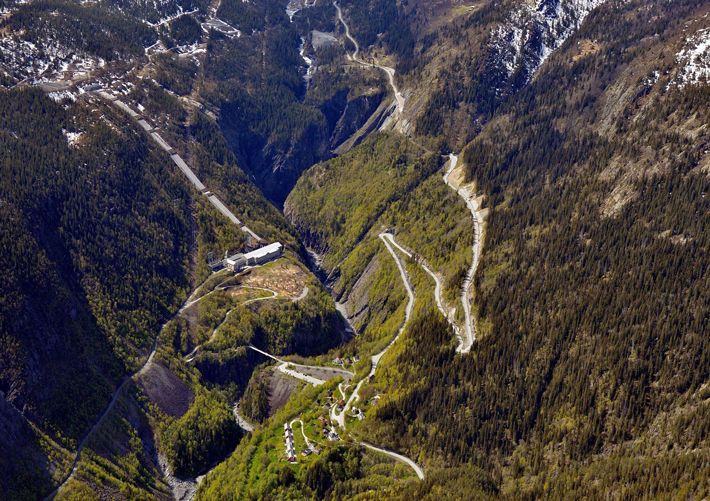 (Bjørn Harry Schønhaug)
(Bjørn Harry Schønhaug)

